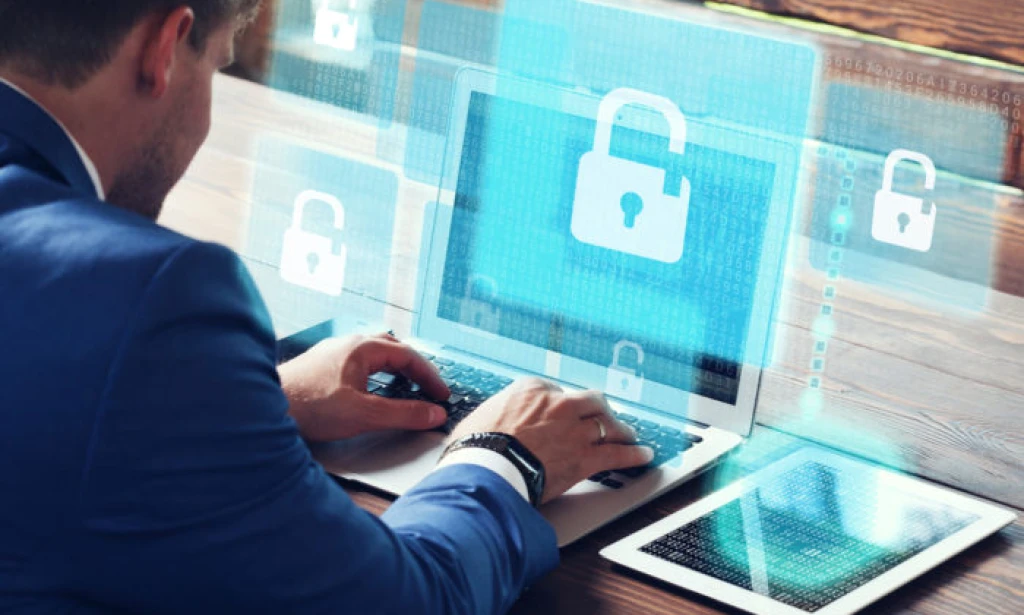
New Head of BKPM Regulation on Investment Licenses and Facilities
Read More
Business Registration Certificate for Distributor of Basic Needs Products
Read More
Three Hours License Services for Mining and Mineral Infrastructure
Read More
Export Of Mining Products Under The 2017 Mining Regulations
Read More
The Use Of Expert Witness At The Ministry Of Home Affairs
Read More
Obligation For The Employer To Prepare Wage Structure and Wage Scale
Read More
Payment and Delivery Methods in Import and Export Transaction
Read More
Indonesian National Cyber and State Codes Board
Read More
E-commerce and Portal Web Business in the 2017 Indonesian Business Field Classifications
Read More